The end of the year is a good time to think about electricity, gas and water usage and how you can manage your usage. Work out what you pay, on average, see if you improved your usage figures during the year, or if they still need work. We're a mixed bag here. We are really good with electricity and gas but we struggle with keeping the water usage down. We're still under the local average for water usage, but I want to be better than that.
The spike in our usage during the August period was when our inverter broke down and we had no solar power to use.
Don't think about your electricity as one single block. Divide it up into hot water, lights, cooking etc, depending on what your appliances are, and it should be easier to manage it.
GENERALLY:
- Turn off electricity when you leave the room. It will soon become a habit. Yes, it's only saving a fraction but if it becomes a habit and you do it for the rest of your life, the savings, in dollars and green house gases, will add up.
- Buy energy rated when upgrading appliances.
- Have groups of appliances on a power board and turn the board off at the wall at night.
- Electric ovens - bake more than one thing at a time, turn power off a few minutes before the food is cooked and allow it to finish cooking in residual heat.
- Use a slow cooker in the winter.
SOLAR
We have a solar hot water system and seven solar panels and our last bill was $26.32 in credit. Our bills have been up and down lately, due to a broken solar inverter, so I find it easier and more accurate to go on the average usage figures instead of the amount. Currently we use 5.9 kWh, which is half the average of one person in our area. If we were using what most people use, we'd be on 13.8 kWh. We're not experts but we always seem to be very frugal in our usage or electricity, so let me share a few thoughts with you.
If you're going to invest in solar power, buy a solar hot water system first. Hot water uses about thirty percent of our total energy. A solar hot water system is a smaller investment than electricity photovoltaic panels so you'll be able to save that thirty percent without such a large investment. When you have enough money for panels, your hot water is already catered for, so all the energy you produce can go towards your electrical appliances and you probably won't need to install as many panels.
INSULATION
Think about home insulation. I have to confess, we're a bit obsessive about it. We have good insulation through the house and roof and a few years ago, Hanno painted our steel roof with solar-reflective paint. That made a big difference. Now it's consistently six degrees cooler inside the house, without turning on even one fan or the air conditioner.
SKYLIGHTS
We have two internal rooms - a bathroom and the laundry - with no windows, so we installed skylights in those rooms. We also have one in the kitchen because after we added the front and back verandahs, we found the kitchen was too dark, unless we had a light turned on during the day. The skylights provide daylight into those dark rooms and after the cost of installation, there are no further charges.
LIGHTS
Think about the kind of light you're using. If you can change your ordinary light bulbs to LEDs, it will cut your costs. These are an improvement on the compact fluros many of us installed a few years ago. According to Beacon Lighting website:
LED lights are super energy efficient, using approximately 85% less energy than halogen or incandescent lighting – meaning significant savings on your power bills. LED lights also have a much longer lifespan than other types of lighting - see the table below.
| Lighting technology | Estimated lifespan |
| LED | 30,000-50,000 hours |
| CFL | 8,000-15,000 hours |
| Halogen | 1,000-5,000 hours |
| Incandescent | 1,000 hours |
Security lights outside - LED on movement sensors.
If you're watching TV at night, try it without the light.
Turn off the Christmas lights when the children go to bed.
WATER HEATING
Water heating - if you have a regular water heater, reduce the temperature so that the water isn't on the verge of boiling all the time. According to
Smart Blocks website:
Storage hot water systems
To save energy it is recommended that the temperature of the storage tank is set at 60 degrees Celsius
A minimum of 60 degrees Celsius should be maintained to avoid the growth of harmful bacteria.
Instantaneous hot water systems
Domestic hot water should be supplied at a temperature lower than 50 degrees Celsius to avoid accidental scalding
This will lower running costs and extend the life of the tank
Unless there is something in particular that needs a warmer wash, wash with cold water.
Buy the best quality washing machine you can afford and make sure it has an energy-saving high rating
AIR CONDITIONING
I'm not going to preach to you and say you should only use your airconditioning when absolutely necessary. What you do is your own decision. We have airconditioning here - the energy efficient and rated kind - but we never automatically turn it on when it's hot. When I get up in the morning, I open the front and back doors to let in the fresh air. Later, when the air coming in is warm, I close the doors and because the house is so well insulated, if I can keep the cool air in, the house is noticably cooler if kept like this for a few hours. But there comes a time when I have to cook something or the air feels stale and I turn on the air con. I have it set at 24C and on an average day in the middle of summer, I'd have it on while I cook lunch and wash up. I turn it off around 3pm, depending on that days temperature. If it's very hot, the air conditioning stays on until later in the afternoon.
I encourage you to think about your usage and try to work our a routine for using your air conditioner that keeps you and your family comfortable, without using too much electricity and without you feeling guilty for using it. The decision to use it and how long you use it for is yours, don't let anyone tell you you're not doing it right. Just be prudent and turn it off when you can.
Don't put all your eggs in one basket - don't be an all-electric house. Mixing it up with a small amount of gas and solar will probably serve you better. Of course this may not be relevant in your region so please do your research before you invest your hard earned money. Overall though, if you can get yourself and the kids into the habit of turning the switches off, you'll reap the rewards. It just comes down to common sense.
I should add that we've been living here for 18 years. All the above didn't happen straight away. We added what we could as we could afford it. And it's fine to do that. Just reduce what you can in the meantime and change what you can to improve the future when you have the cash for it. What changes have you made in your home that have made a difference to your electricity consumption?


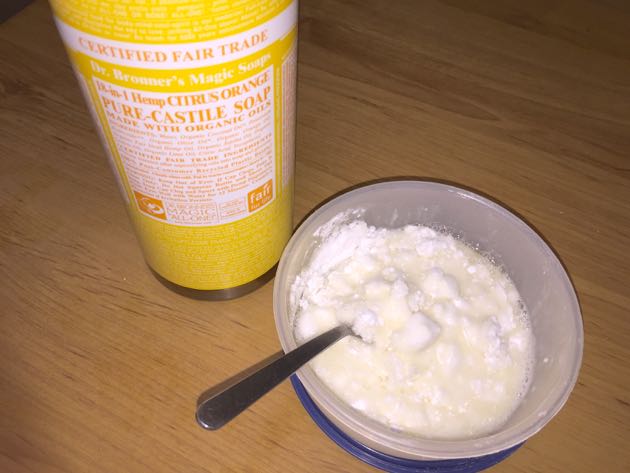


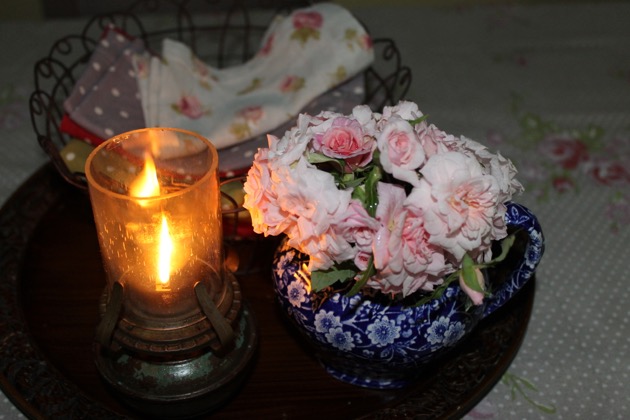






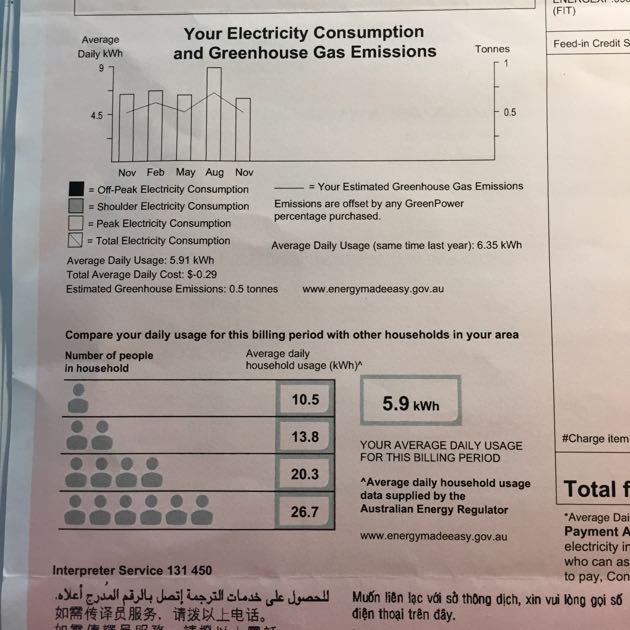

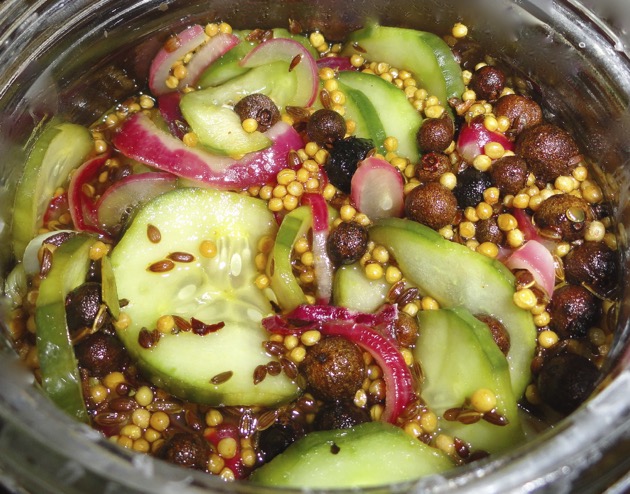
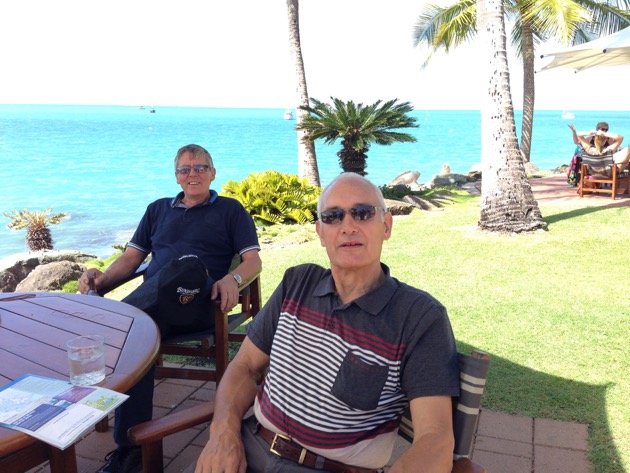






































.jpeg)





.jpeg)
.jpeg)
.jpeg)
